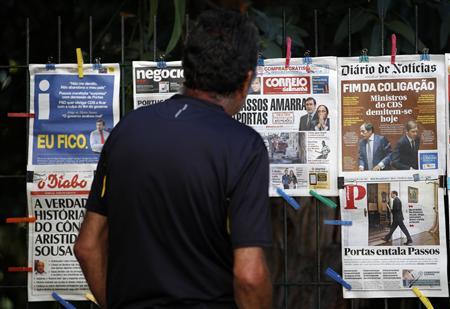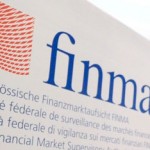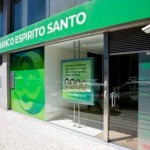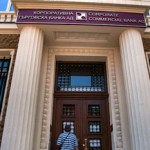The billion-dollar fall of the house of Espirito Santo

On June 9, with his 150-year-old Portuguese corporate dynasty close to collapse, patriarch Ricardo Espirito Santo Salgado made a desperate attempt to save it.
Salgado signed two letters to Venezuela’s state oil company, which had bought $365 million in bonds from his family’s holding company.
“Banco Espirito Santo guarantees … it will provide the necessary funds to allow reimbursement at maturity,” said the letters.
There were problems, though: By promising that the bank stood behind the holding company’s debt, the letters ignored a directive from Portugal’s central bank that Salgado stop mixing the lender’s affairs with the family business. The guarantees were also not recorded in the bank’s accounts at the time, which is required by Portuguese law.
The following week, after intense pressure from regulators, Salgado resigned. Within a month, the holding company, Espirito Santo International, filed for bankruptcy, crumbling under 6.4 billion euros ($8.4 billion) in debt. In August, Banco Espirito Santo was rescued by the Portuguese state, after reporting 3.6 billion euros in losses.
Around the time he signed the letters, Salgado sought public funds to save the family empire, arguing that it was important for Portugal.
The corporate meltdown also shines a light on Portuguese and Luxembourg regulators and the gaps that can open up when companies span different jurisdictions.
“Portugal was supposed to be under very close supervision” by international authorities as a condition of the bailout, an analyst told.
In many ways, the rise of the Espirito Santo empire is a quintessentially European tale.
A family council, with representatives of the five branches, ran the shop.
Portugal fell into recession after seeking its international bailout in 2011. As part of the bailout terms, Banco Espirito Santo, like other Portuguese banks, was no longer allowed to pay dividends to its shareholders, including the Espirito Santo clan, who at that time owned a majority stake in the lender. That meant a big source of the family’s income was gone.
The stock market value of Banco Espirito Santo fell to 1.97 billion euros at the beginning of 2012 from 3.5 billion a year earlier – costing the family 420 million euros on paper.
Ricciardi went public with his criticism of “practices” at the group but did not give details. He urged Portuguese financial regulators to order an overhaul.
The reason for the family tensions soon became clear to Portuguese regulators.
A few days after Banco Espirito Santo reported a record loss of 3.6 billion euros for the first half of 2014, Portugal bailed it out. The state formed a new bank, called Novo Banco from the healthy parts of the old lender.
Source: reuters




























